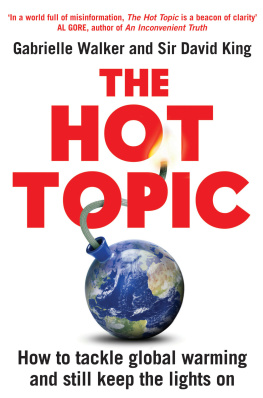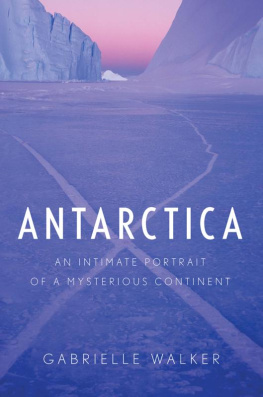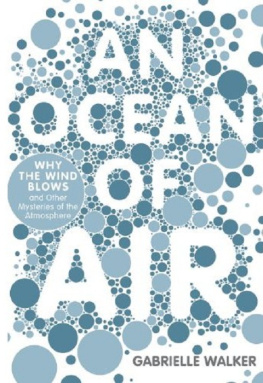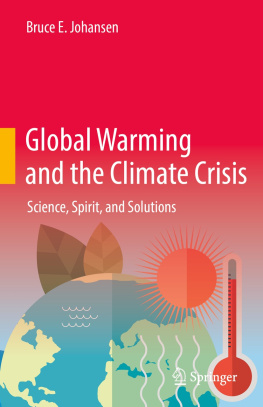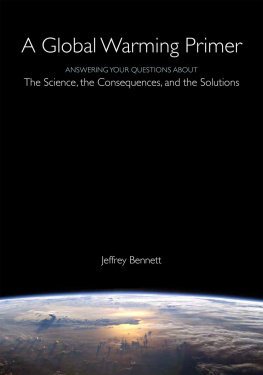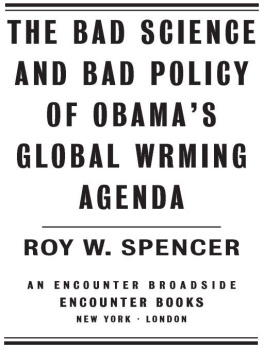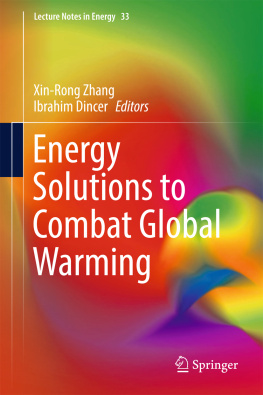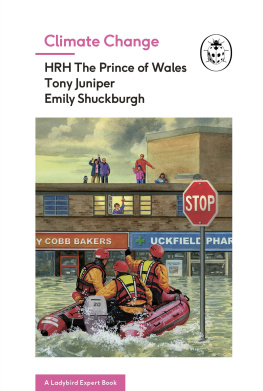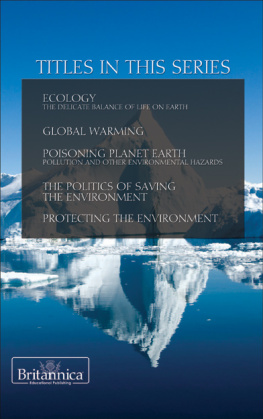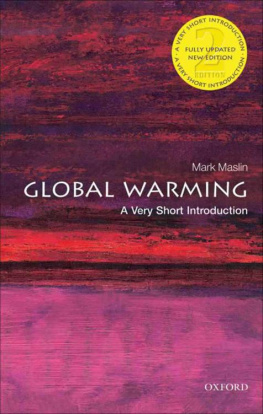Snowball Earth: The Story of the Great Global Catastrophe That Spawned Life as We Know It
THE HOT
TOPIC
HOW TO TACKLE GLOBAL WARMING
AND STILL KEEP THE LIGHTSON
Gabrielle Walker and Sir David King

First published in Great Britain 2008
Copyright David King and Gabrielle Walker
This electronic edition published 2009 by Bloomsbury Publishing Plc
The right of David King and Gabrielle Walker to be identified as the authors of this work has been asserted by them in accordance with the Copyright, Designs and Patents Act 1988
All rights reserved. You may not copy, distribute, transmit, reproduce or otherwise make available this publication (or any part of it) in any form, or by any means (including without limitation electronic, digital, optical, mechanical, photocopying, printing, recording or otherwise), without the prior written permission of the publisher. Any person who does any unauthorised act in relation to this publication may be liable to criminal prosecution and civil claims for damages.
Bloomsbury Publishing Plc, 36 Soho Square, London W1D 3QY
A CIP catalogue record for this book is available from the British Library
eISBN: 978-1-40880-691-3
www.bloomsbury.com/gabriellewalker
Visit www.bloomsbury.com to find out more about our authors and their books.You will find extracts, authors interviews, author events and you can sign up for newsletters to be the first to hear about our latest releases and special offers.
For Rosa Malloy and Jane Lichtenstein
Contents
The North Pole of planet Earth is an extraordinary place. It's a smudgy circle of frozen ocean, hemmed in by the surrounding land masses of Siberia, North America and Europe. Cracks occasionally appear in its surface, where the ice has been torn apart by winds above and currents below. But for the most part, its grey-white faade is as unyielding as rock. You can walk on it, stamp on it, even land planes on it. When you're there, the Arctic sea ice doesn't seem remotely fragile, just motionless, silent and strong, as if water had been turned irreparably to stone.
And yet, photographs taken from satellites have now shown conclusively what scientists have been fearing for decades: the North Pole is melting. Each summer, the spread of the sea ice shrinks a little further. It is vanishing from beneath the feet of the Arctic's polar bears. If we do nothing to stop it, by the end of the century the ice, polar bears, and all, could be gone.
The story of global warming has progressed in the past few years from conjecture, to suspicion, to cold, hard fact. We now know for certain that in every inhabited continent on Earth, year by year and decade by decade, the world's temperature is rising. Something, or someone, is turning up the heat.
Should we care? After all, over the billions of years our planet has been around its climate has changed many times. In the geological past there have been ice ages, global floods and heatwaves. There have also been winners and losers throughout Earth's history - some species that have become extinct and others that have gone forth and multiplied.
But this time is different. If the current wave of change has its way with us, the polar bears will not be the only ones to suffer. Human civilisation has never before been faced with a climate that is changing this fast or this furiously. The threat has become urgent. In 2004, one of us (David King) caused a furore by describing climate change as 'the most severe problem we are facing today, more serious even than the threat of terrorism'. Since then, the scale of the problem has become even clearer.
Also, of course, the amount of material focusing on the problem has multiplied almost uncontrollably. Books, newspapers, TV, radio - another day, another headline. It has become almost impossible to sort out what really matters.
Amid this cacophony there are a handful of voices that persist in arguing that warming isn't happening, or that it's not caused by humans, while others see disaster around every corner and indulge in gory scenarios that have been labelled 'climate porn'. We don't agree with either of these approaches. Climate change is happening, and humans are very largely to blame. However, we do not believe that disaster is inevitable. A few shiny new Priuses won't get humans out of this mess, and nor will sticking our collective heads in the sand. But we do still have time to tackle the worst aspects of climate change if we act fast and work hard.
In the course of this book we will pick our way through the blizzard of information and misinformation about global warming, explaining each point in the most straightforward way possible. We will discuss the scientific basis for the problem, the possible technological solutions - and the political sticking points. We are both trained scientists, and our approach will be a scientific one - to examine the evidence, giving most weight to rigorous research that has been tested by peer review.
Though between us we have considerable experience in the worlds of media and politics, we are neither lobbyists nor politicians, and we have no personal axes to grind. We will unpick the entire essential story of global warming - what we humans have done, how we have done it, how we will need to prepare for the changes we can't stop and how we can prevent the even worse effects that will otherwise follow. We aim to tell you everything you wanted to know about global warming but were too depressed to ask.
However, this is not a book about generic 'green' issues. Most measures that increase efficiency and reduce waste will also help - at least, a little - with global warming. But this book is not a general environmental call to arms. It proposes a very specific set of solutions to a very specific, though wide-ranging, problem.
In particular it seeks to show that the story need not necessarily have an unhappy ending. Global warming is a serious problem, probably the most serious that the human race has, collectively, ever faced. But we can still do something about it. This is neither a time for pessimism nor for denial. It is a time for constructive, determined action.
Before we can start discussing how to get ourselves out of the climate mess, we first need to set out the problem. There has been an extraordinary amount of confusion and misinformation about the science of climate change - which is surprising since it is one of the few areas of complex science for which researchers are in almost unanimous agreement. In the next few chapters we will explain the science of global warming - what is happening, how we know the cause, the future changes that are now inevitable and the ones that we still have a chance of avoiding.
Climate change isn't new. Our planet is restless and its environment rarely stays still for long. There have been times in the distant past when carbon dioxide levels were very much higher than they are today, and Antarctica was a tropical paradise. There have been others when carbon dioxide levels were much lower, and even the equator was encrusted with ice.

